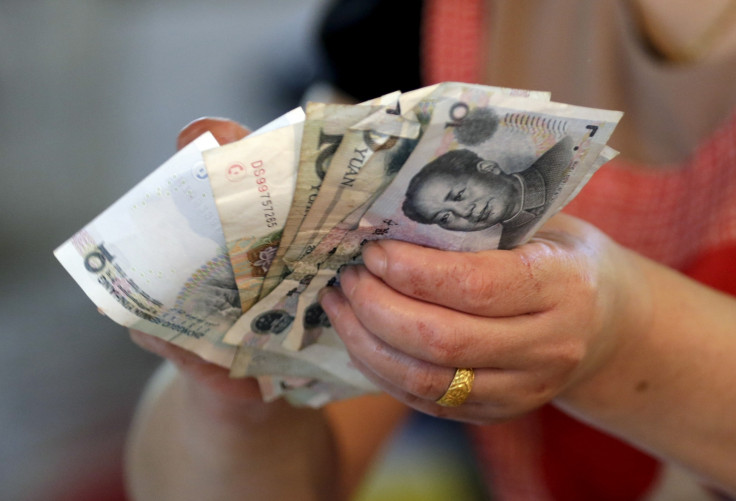IMF: Chinese yuan may become free-floated in next 2-3 years

The International Monetary Fund (IMF) has said the Chinese yuan would become a freely-floated currency in the next few years, as the country is taking steps to link the currency's value to market forces.
Markus Rodlauer, the IMF's mission chief to China, said the country's changes in the valuation of its currency would help it transition "from a tightly managed system linked to the US dollar to one that is more open and more flexible and more responsive to market conditions."
The new mechanism for determining the central parity of the Renminbi introduced in the country is expected to allow the currency value to move as much as 10% a week and be close to a rate set by the market.
"We don't expect a free-floating system tomorrow. We expect some continued management. But we hope it will gradually lead to more flexibility and a float within two to three years," he said.
Rodlauer reiterated the fund's assessment that the yuan is no longer undervalued, despite the currency's fall in value by about 3% this week.
"What has happened now over the past few days does not change our assessment," he said.
China's central bank earlier devalued the yuan for three consecutive days, saying it was moving towards a system in which the currency rate would be determined by market forces. The yuan fell by 2.9% this week as a reaction to the central bank's move.
In its annual health check of the economy, the IMF said China was moving to a "new normal" of slower yet safer and more sustainable growth. The new normal involves giving the market a more decisive role in the economy.
The fund expects China's growth rate to be 6.8% in 2015, down from 7.4% in 2014.
"The challenge now is to take the next steps to a more open and market-based economy," said Rodlauer.
The IMF wants China to undertake bold structural reforms, such as moving to a more market-based financial system, improving the management of government finances, and levelling the playing field between state-owned enterprises and the private sector.
© Copyright IBTimes 2025. All rights reserved.





















